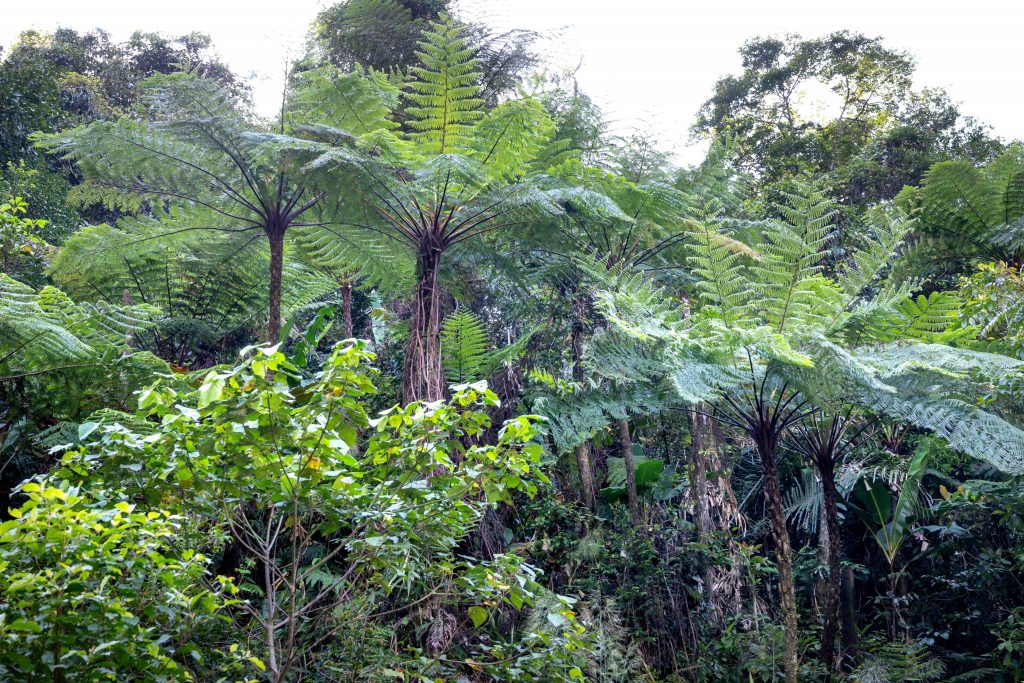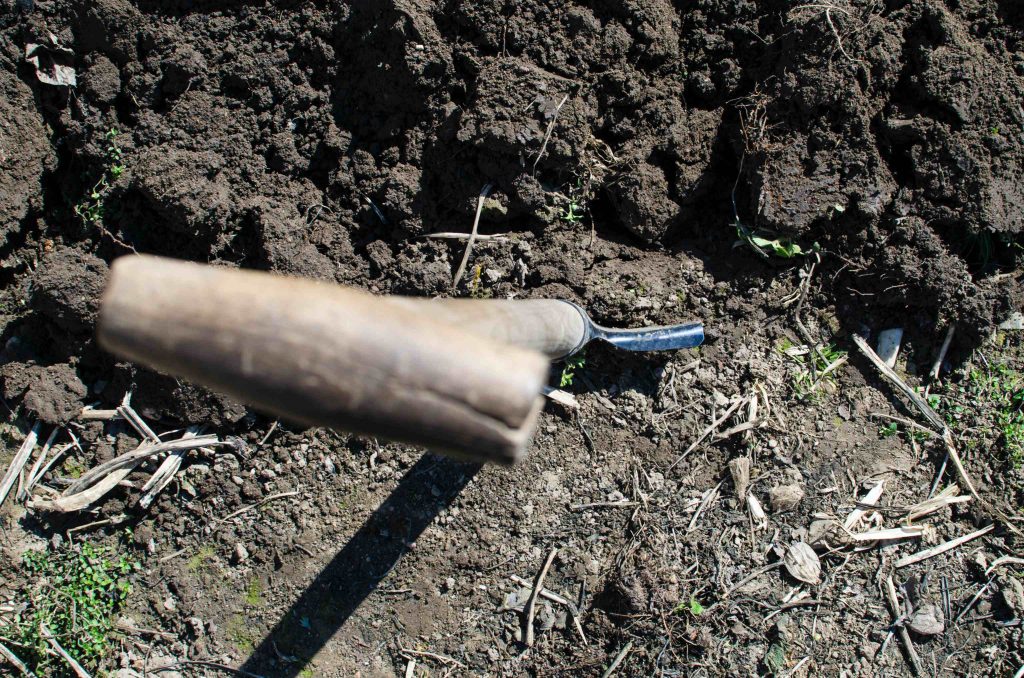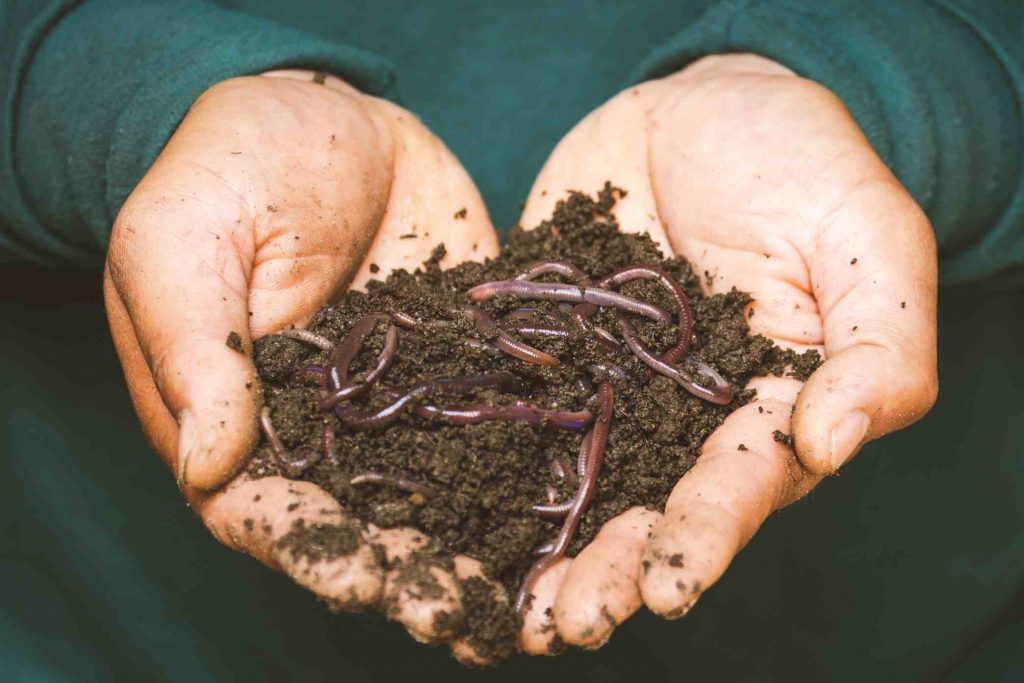The term “organic” refers to the way agricultural products are grown and processed. Organic farming, in the parts of the globe also more commonly known as ecological farming or biological farming, is an agricultural system that uses fertilizers of organic origin such as compost manure, green manure, slurry manure, bone meal, etc, places priority on techniques such as crop rotation and companion planting. Certified organic agriculture accounts for over 70 million hectares worldwide.
Organic farming continues to be developed by various organizations and countries today. Biological pest control, mixed cropping, companion planting, and the fostering of insect predators are encouraged. Organic standards are designed to allow the use of naturally-occurring substances while prohibiting or strictly limiting synthetic or artificial substances. For instance, naturally-occurring pesticides such as pyrethrin are permitted but synthetic fertilizers and pesticides are generally prohibited. Synthetic substances that are allowed include, for example, copper sulfate, elemental sulfur, Ivermectin, etc. Genetically modified organisms, nanomaterials, human sewage sludge, plant growth regulators, hormones, and antibiotic use in livestock husbandry are prohibited in this type of agriculture practice. Organic farming advocates claim advantages in sustainability, openness, self-sufficiency, autonomy and independence, health, food security, and food safety.

The concept of organic agriculture is introduced in the early 1900s by Sir Albert Howard, F.H.King, Rudolf Steiner, and others who believed that the use of animal manure, cover crops, crop rotation, and biologically based pest controls resulted in a better farming system. Howard, having worked in India as an agricultural researcher, gained much inspiration from the traditional and sustainable farming practices in India he encountered there and advocated for their adoption in the West. Such practices were further promoted by various advocates, and many magazines and texts were also published on Organic gardening and organic farming. The demand for organic food increased in the 1960s due to environmental damage caused by Incenticides and other chemical fertilizers used in agriculture which also results in serious health hazards to people. The demand for organic products is increasing continuously due to their vast benefits, Organic products reduce public health risks to farm workers, their families, and consumers by minimizing their exposure to toxic and persistent chemicals on the farm and in food, the soil in which they work and play, the air they breathe, and the water they drink.


Children are especially vulnerable to pesticides. Thus, offering organic food and fiber products in the marketplace gives parents the option of choosing products produced without the use of these toxins. Not only does organic production help reduce public health risks, but mounting evidence also shows that food grown organically is rich in nutrients, such as Vitamin C, iron, magnesium, and phosphorus, with less exposure to nitrates and pesticide residues in organically grown fruits, vegetables, and grains when compared to conventionally grown products. While proving the health benefits of eating a particular food is a complex question to answer, evidence is mounting that there are some healthier nutritional profiles linked to consuming various organic products. For instance, a research article published found that organic whole milk contained significantly higher concentrations of heart-healthy omega-3 fatty acids, etc as compared to milk from cows raised on commercially managed dairy farms. Meanwhile, another research found that organic soybeans have a healthier nutritional profile than conventionally grown or genetically modified Roundup Ready soybeans.
There are six basic methods of organic agriculture, these are
Crop Diversity: Nowadays a new practice has come into practice which is called ‘Polyculture’ in which a variety of crops can be cultivated at the same time just to meet the increasing demand for crops. Unlike the ancient practice which was -Monoculture- in which only one type of crop was cultivated in a particular
Soil Management: After the cultivation of crops, the soil loses its nutrients and its quality depletes. The main objective of organic farming is to increase soil quality by using natural ways. That is why organic farming focuses on using bacteria (present in animal waste) that help to increase the nutrients level in the soil, making it fertile for more production.
Weed management: Weeds are unwanted plant that grows in agricultural fields. Organic agriculture pressurizes on lowering the weed growth rather than removing it completely. It is also an important step because these weeds consume most of the nutrients from the agricultural field
Controlling pests Biologically: There are both useful and harmful organisms in the soil which affect the field. Agricultural lands are a home for many organisms. Some of these organisms are helpful for crop production, whereas others are quite harmful to the crop as they disrupt crop production. Also, we need to control the growth and population of harmful organisms to maintain soil fertility and protection of the crops. Hence, organic farmers should use natural herbicides and pesticides to control pests biologically. The farmers can also sanitize the farm properly to control harmful organisms in the field.
Crop rotation: It is a farming technique where farmers do not cultivate the same crop on the same land every year; instead, they grow different crops in rotation to maintain the soil’s health. Crop rotation is a very beneficial farming technique that replenishes the soil naturally as different plants contribute different nutrients to the soil. This technique helps control pests, weeds, insects, etc. by disrupting their habitat.
Green manure or compost: Green manure means the dying plants that are uprooted and turned into the soil. These plants act as nutrients to the soil that helps to improve its fertility, whereas Compost is one of the best natural fertilizers used in organic farming. It is a recycled organic matter highly enriched with nutrients that enhance the soil quality and improve crop production.


Why it is important to protect soil
Soil is the basis for sustenance for 7 billion people. It preserves clean water and helps regulate the climate. Soil degradation reduces agricultural yields and threatens farmers’ livelihoods. Soil that has been leached of its nutrients cannot support crops or plants that prevent desertification. Healthy soil is essential to ensure a steady supply of food and biodiversity. Soil loss translates into widespread poverty and slower economic development. Yet this indispensable natural resource can be overlooked when policy-makers seek solutions to combat poverty and improve livelihoods. Held every year on 5 December, World Soil Day commemorates the importance of soil for our survival and the need to use it sustainably.
Poor agricultural practices have contributed very heavily to the degradation of cropland worldwide – by 1990, about 38 percent of all agricultural land had already been lost. An additional 5 to 6 million hectares of arable land continues to be lost each year. In the past 22 years, this has amounted to an area over twice as large as Germany. One-third of the global population lives in drought-prone areas, where climate conditions further amplify land loss problems. With improved soil management practices, however, soil can be protected and even regenerated. Properly managed soil will hold more rainwater, increasing crop yields and lessening the risk of erosion and polluted run-off that threaten freshwater supplies. To track the movement of water and nutrients through the soil, nuclear techniques are invaluable. The movement of isotopes – variants of a chemical element – can be tracked in soils, crops, waters, fertilizers, and animal manure to follow the path of water through soil, measure soil erosion, and quantify nutrient and water use by crops.


The need for organic manure
Organic manure provides nutrients to plants, slowly and steadily. It keeps the soil porous, improves its water retention capacity, and checks the micronutrient deficiencies which may be caused by excessive application of chemical fertilizers. The chemical-free manure affects a long-range improvement in the soil. There is no danger of overfeeding with organic manure as the plant takes the quantity it requires. Organic manure can be used for all kinds of plants. Organic manures are of many types such as organic composed of grasses, Cow dung composed, Jeevamurt, Neem Manure, etc, which helps in maintaining the soil fertility and increase crop production too.
